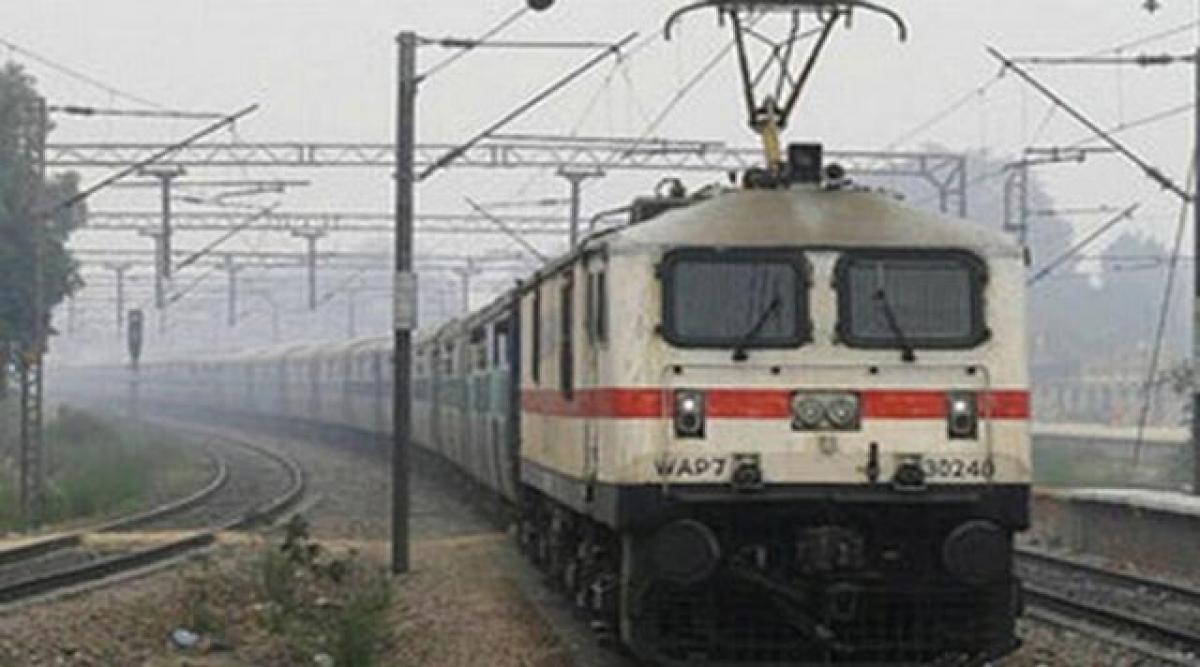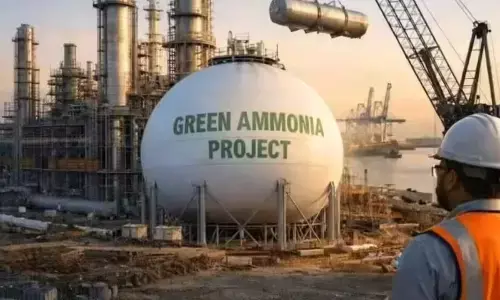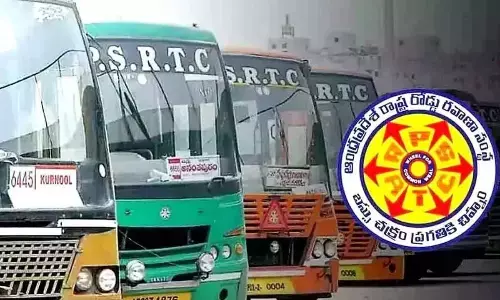Clubbing of Rlys & General Budgets

Indian Railways has been in the news for the past few months following the submission of a report by a high-powered panel headed by Bibek Debroy, a Member of the NITI Aayog, on the subject ‘Restructuring of Indian Railways.\'
Indian Railways has been in the news for the past few months following the submission of a report by a high-powered panel headed by Bibek Debroy, a Member of the NITI Aayog, on the subject ‘Restructuring of Indian Railways.’ Among others, the recommendation that gained wider currency is the one pertaining to the clubbing of Railway Budget with the General Budget. The reasons advanced for proceeding further in carrying out this exercise are not tenable.
If the separate Railway Budget practice adopted by the British should be scrapped forthwith, the same wisdom and enthusiasm shall prevail in respect of many of our legislations. The landmark pieces of legislation like civil procedure code, criminal procedure code and many others are the legacy of the British. If considered nebulous and obnoxious, the same treatment shall apply to all such laws and practices.
The Indian Civil Service, considered the second estate, also is the handout of the British. Thus, speaking on the count of wiping out the entire legacy seems ridiculous. Second, the Constitution of India does not mandate the government to lay a separate railway budget.
It is true that the Constitution under Article 266 laid down that all the moneys received by way of taxes, loans, etc., by or on behalf of the Government of India or the Government of a State shall form into one consolidated fund to be called the ‘Consolidated Fund of India’ and in case of State ‘Consolidated Fund of the State’.
No moneys out of this Fund shall be appropriated except in accordance with the law and for the purpose and in the manner provided in the Constitution. This holds good in the case of any government department or activity; nothing special for railways or any other organisation.
What is significant is the practice by which the finances of the State are organised. All the more, this is the time when governments are pressurised for coming out with separate budgets for all the important sectors of the economy and people like the Budget for Agriculture, Industry, Services and Sub-Plans for SCs, STs, Minorities and BCs.
There is a reason for them to believe that their voice is heard more emphatically when there is an exclusive treatment. After all, the entire nation is bent upon adopting the economic model of ‘inclusive growth.’ In this changed context, demands for special budgets do arise and find their own justification.
Third, it is publicised much that the Report of Debroy on ‘Restructuring of Railways’ could advance many a reason for clubbing of Railway and General Budgets to take place; such as commercial running, reduction of subsidies and sharing of social costs. These objectives could well be realised and are actively being taken care of, now also. As a matter of fact, every year surplus is generated, almost as a mandatory clause and the Railways is forced to contribute to the resources of the General Budget.
Instead, the institution needs to be strengthened from many angles. The tracks that the British had built are still continuing. Of the length of 66,000 km of track, it is only 17,000 km that was added since independence. Addition of new lines to cover new places and doubling are all going at a snail’s pace. Ageing assets, distressed bridges, old tracks, unmanned level crossings, poor signaling systems, low safety standards are all to be focussed upon. The good work that had taken place after independence needs to be strengthened and reinforced.
True that the Railways has made significant advancements in introducing technology, passenger amenities, freight operations, food and catering services. Much needs to be imagined in all these areas, more specifically in reducing travel time and cost with high speed trains. As a matter of fact, this is the age of constitution of ‘Special Purpose Vehicles (SPVs)’ for every significant activity and the execution of projects under ‘Mission Mode.’
Further, it remains to be seen as to how the commercial character would step in, when Railways is reduced to the status of another government department. It is not as though the Finance Ministry is all out with ‘welcome banner’ to shoulder such a big financial burden arising out of subsidies and enhanced pay packs.
It would be in the fitness of things to stop utilising Railway Budget as a tool of vote bank politics. It is the earnest belief of the author that a day would come when the wisdom of William Acworth would be praised by the nation for having suggested a privileged treatment to the Railways as early as in 1920-21. (Writer is a former Vice-Chancellor, Acharya Nagarjuna University)
By Prof K Viyyanna Rao

















